Should you sleep on the plane or stay awake – and 7 other questions about jet lag
New research from NUS Yong Loo Lin School of Medicine and Oura provides the largest real-world insight into how long it really takes to recover from jet lag, how direction and travel time play a role, and how you can better prepare and adjust.
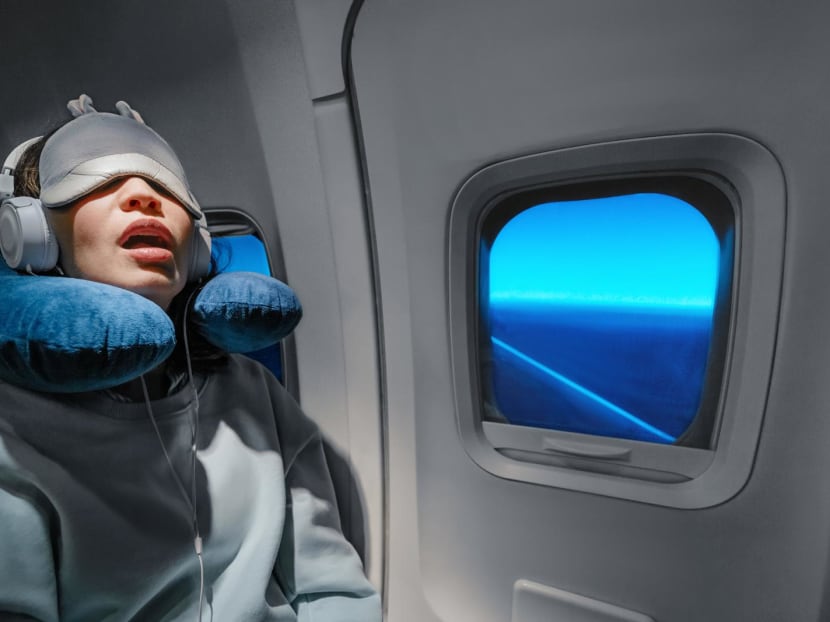
(Photo: iStock/frantic00)

This audio is generated by an AI tool.
You love to travel but jet lag? Not so much. It’s a little difficult to get excited about exploring a holiday destination when you’re groggy and grumpy. And it’s not only from messing up your circadian sleep rhythm in the new time zone; your usual sleep duration may be cut short from having to wake up at 5am to catch an early flight. Or you just can’t sleep on the plane – even when armed to the teeth with a travel pillow, noise-cancelling headphones and melatonin pills.
It's a phenomenon that researchers are hoping to shed light on via the data captured by wearable sleep trackers – the most comprehensive being the 2025 collaborative study by the Centre for Sleep and Cognition at the NUS Yong Loo Lin School of Medicine and Oura.
Published in the journal Sleep in March this year, the study analysed 60,000 trips and 1.5 million nights of de-identified data from the Oura Ring to provide the first large-scale, real-world study of jet lag recovery to date.
WHAT ARE THE FINDINGS?
You might have already experienced some of the findings, such as night flights (there’s a reason for calling them “red eye” flights) tend to be more disruptive than day ones. Or that you often need more recovery sleep the next night after flying from pm to am.
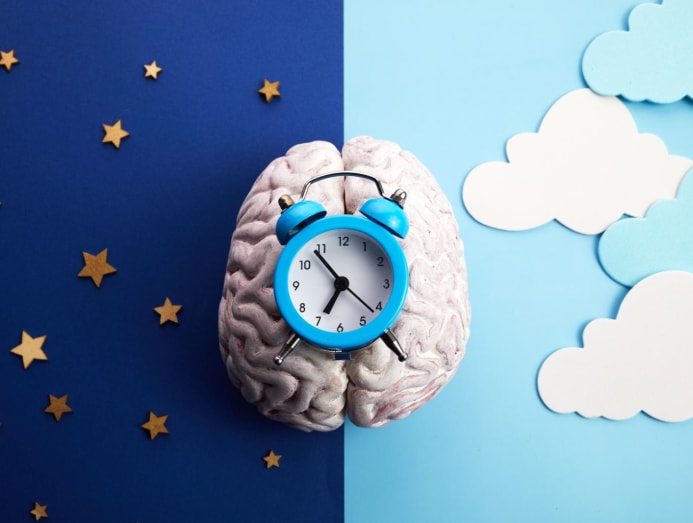
And there’s nothing like the dreaded eastward travel and the crossing of multiple time zones to really shake things up. In fact, jet lag is more severe for shorter, eastward trips of up to over three time zones. Not that you’ll do better with longer journeys, regardless of direction; the study found that sleep occurs 60 to 70 minutes earlier or later than usual.
When it comes to sleep recovery, the study found that in some cases, restoring normal sleep timing and structure (for example, the tendency to wake up in the middle of the night) can take more than a week.
The good news is, sleep duration typically returns to baseline within approximately two days. However, changes in sleep timing and structure can take more than a week to abate.
Gender didn’t play a significant role in travel-related sleep disruption, according to the findings. The study's lead researcher, Dr Adrian Willoughby, a senior research fellow at NUS Medicine, has two explanations.
"First, the effect of transmeridian travel, especially over longer distances, is likely much stronger than the hormonal influences on sleep in women," he said. "And second, both men and women are subject to the same circadian pressures when travelling, so it is not surprising they are affected in similar ways."
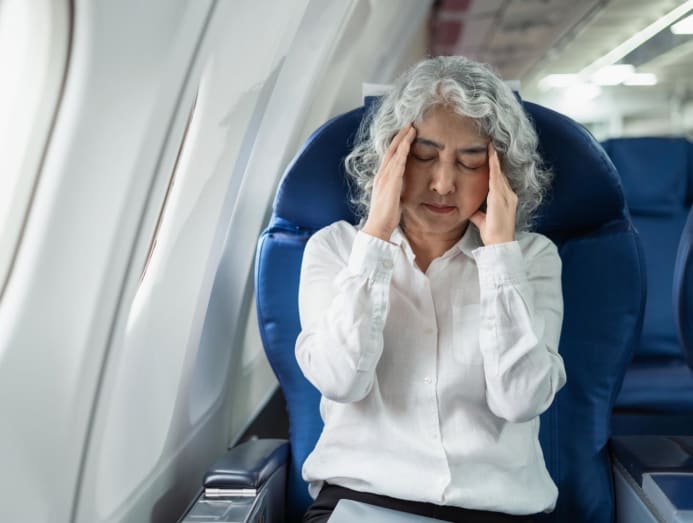
If you're thinking older travellers might have it rougher, think again. The analysis found that they actually don't suffer as much from jet lag as younger travellers – albeit slightly. For instance, a 20-year-old may experience a 15-minute greater reduction in sleep compared to a 60-year-old over the initial post-travel days.
"Older people generally sleep less than younger people, so while the overall impact of travel-related sleep disruption may be similar, the absolute reduction in sleep duration is smaller for older people because they are already sleeping less," explained Dr Willoughby.
One finding that didn't quite apply to Singapore is the impact of pre-travel sleep disruption. "Because Singapore is small and has efficient transportation, getting to the airport is generally quick and easy. As a result, Singaporeans may experience less pre-travel disruption," said Dr Willoughby.
HOW CAN YOU MINIMISE JET LAG?
Wouldn’t it be great to arrive at your destination feeling as energised as a Red Bull-fuelled teen? The science hasn’t caught up on that yet but there might be ways to minimise the effects of jet lag by understanding what causes it. Here’s a look at some common queries:
1. DOES FLYING MORE MAKE YOU LESS LIKELY TO EXPERIENCE JET LAG?
No, said Adjunct Assistant Professor Sridhar Venkateswaran, a senior consultant with Ng Teng Fong General Hospital’s Respiratory Medicine department. “Depending on how many time zones the person crosses when flying, it could potentially be worse.”
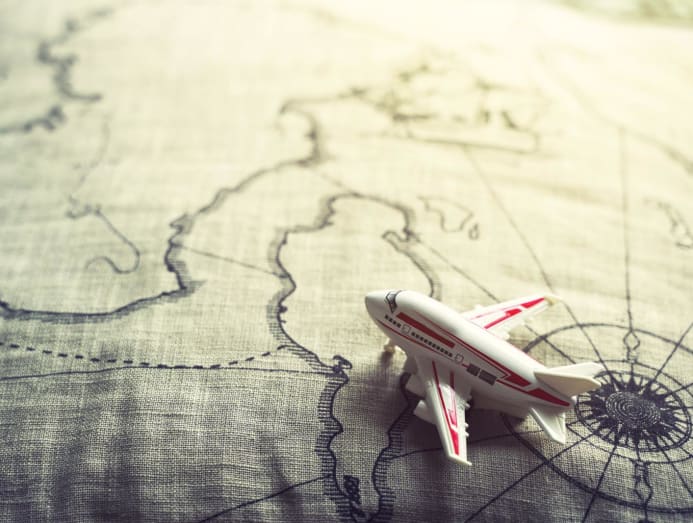
Like what the study found, Adj Asst Prof Sridhar also said that the biggest effect on jet lag is the number of time zones crossed as well as the direction of travel. Other minor factors include age and sleep habits, he added.
2. WHY DOES FLYING EASTWARD PRODUCE MORE SEVERE JET LAG?
Let’s visit this thing you might have already heard of called the circadian rhythm. Within the brain’s hypothalamus is the suprachiasmatic nucleus or SCN. This is your body’s “master clock” that controls your circadian rhythm, meaning it decides functions such as the time you wake up or get hungry, according to Healthline.
The SCN is driven by light, so when your eyes see sunshine, for example, the SCN “activates certain hormones, alters your body temperature, and regulates your metabolism to keep you alert”, according to Healthline.
“All of us have this internal body clock, which roughly corresponds to the outside 24-hour clock,” explained Adj Asst Prof Sridhar. “Jet lag is due to a misalignment between our internal clock and the outside clock.”
When you travel eastwards, you have to advance your bedtime to align yourself with the destination sleeping time, said Adj Asst Prof Sridhar. The opposite happens when you travel westward, meaning you have to delay your bedtime. “In general, it is easier to delay your bedtime compared to advancing your bedtime," he said.
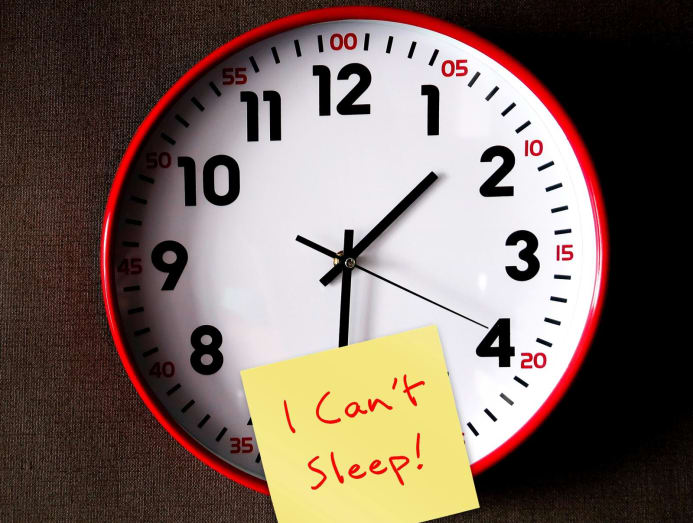
Another reason is that staying awake is more under voluntary control than falling asleep, said Dr Willoughby. "We can force ourselves to stay awake more easily and effectively than we force ourselves to fall sleep."
Furthermore, travelling westwards or “back in time” allows you to experience a longer day and more exposure to light, which can further delay your body clock, added Dr Willoughby.
3. CAN JET LAG CREATE LONG-TERM IMPACT ON YOU?
For people who often make long-distance flights, such as business travellers, pilots and flight attendants, jet lag can become a chronic problem. And it's not just insomnia. A chronically out-of-sync circadian rhythm may increase the risk of disorders such as diabetes and depression as well as some types of cancer, according to the US-based Sleep Foundation.
The long-term impact may even range from memory to cognitive problems, menstrual cycle abnormalities in women, headaches and gastrointestinal symptoms, said Adj Asst Prof Sridhar.
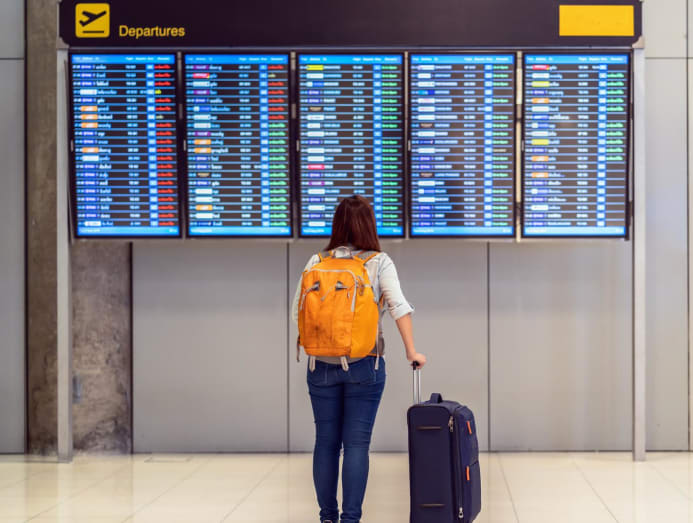
4. WHAT’S A GOOD DEPARTURE TIME RANGE TO PICK AND WHY?
“The ideal departure time would be that of the destination’s daytime,” said Adj Asst Prof Sridhar. “If possible, try and sleep on the flight during the destination’s night-time.”
Dr Willoughby suggested choosing a departure time that does not require you to wake up much earlier than you normally would. "Being well organised for your trip can also help prevent staying up late the night before. This needs to be balanced with the other practical considerations such as flight schedules, cost and demands at the destination."
5. HOW CAN YOU PREP FOR AN EASTWARD FLIGHT BEFORE BOARDING?
A few days before flying, adjust your bedtime and wake up closer to the destination’s time zone, advised Adj Asst Prof Sridhar.
You can do so by going to bed 30 minutes earlier each night, recommended Mount Elizabeth Hospital. If you’re travelling westward, do the opposite and delay your bedtime by half an hour.
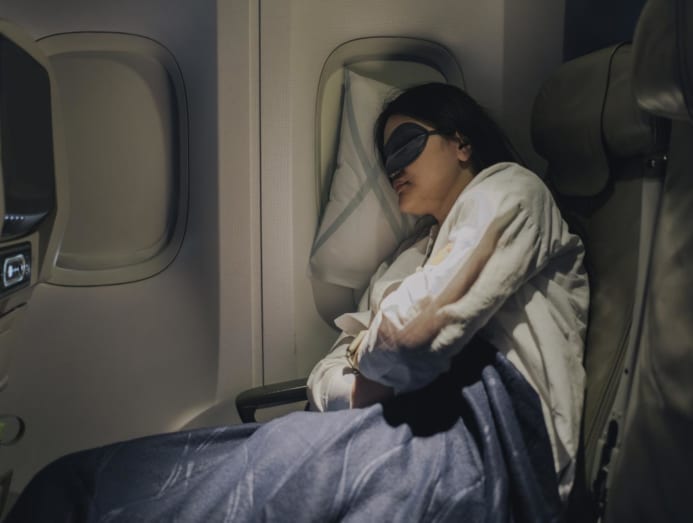
You can also try moving your mealtimes closer to the time you'll be taking them at your destination, recommended Mount Elizabeth Hospital. “Limiting caffeine and alcohol, and taking supplemental melatonin may help,” said Adj Asst Prof Sridhar.
To help you calculate how much to shift your body clock, try jet lag calculators such as this.
6. SHOULD YOU SLEEP OR WATCH MOVIES ON THE PLANE?
Adjust your watch the moment you board, recommended Mount Elizabeth Hospital. This helps your mind to adapt to the time change. Next, do what’s best for your destination; if it’s noon where you’re heading, it might be wise to stay up.
But if you're flying into the night, you might want to hunker down and try to sleep – even though it’s bright as anything outside the plane's window. Limit your light exposure with a sleeping mask and hoodie to sync your circadian rhythm.
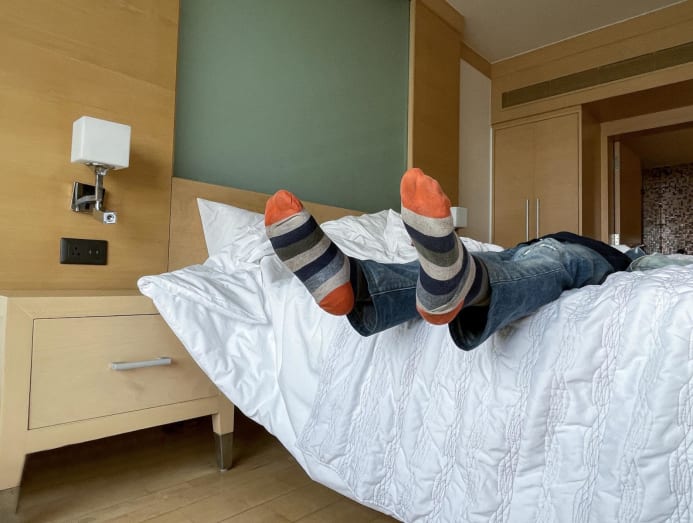
7. WHAT SHOULD YOU DO DURING A LAYOVER?
It all depends on the duration of the layover, said Adj Asst Prof Sridhar. “If it is a long layover and it corresponds to the final destination’s night-time, it might be a good idea to check into the transit hotel to try and sleep.”
8. WHAT CAN YOU DO TO BETTER SYNC WITH THE DESTINATION’S TIME?
If you arrive in the day, it is recommended that you stay up, despite feeling sleepy. And avoid naps, too.
“The best way to avoid sleeping is to expose yourself to sunlight and remain outdoors as much as possible,” said Adj Asst Prof Sridhar. “Do activities until it is close to the bedtime of the destination. I would not recommend caffeine as it might interfere with the night sleep even if taken early,” he said.
But if you must nap, take one that is shorter than 30 minutes and, if possible, eight or more hours before the desired bedtime, suggested Johns Hopkins University.
Generally, it takes about a day to recover for each time zone crossed, said Adj Asst Prof Sridhar. On the whole, most people take about three to five days to recover from jet lag.
“To recover, the same rules, such as aligning yourself to the sleep-wake cycle of your current environment, apply.” That also means getting sunlight during the day and avoiding artificial light at night. “Good hydration, nutrition and melatonin may help,” he added.





